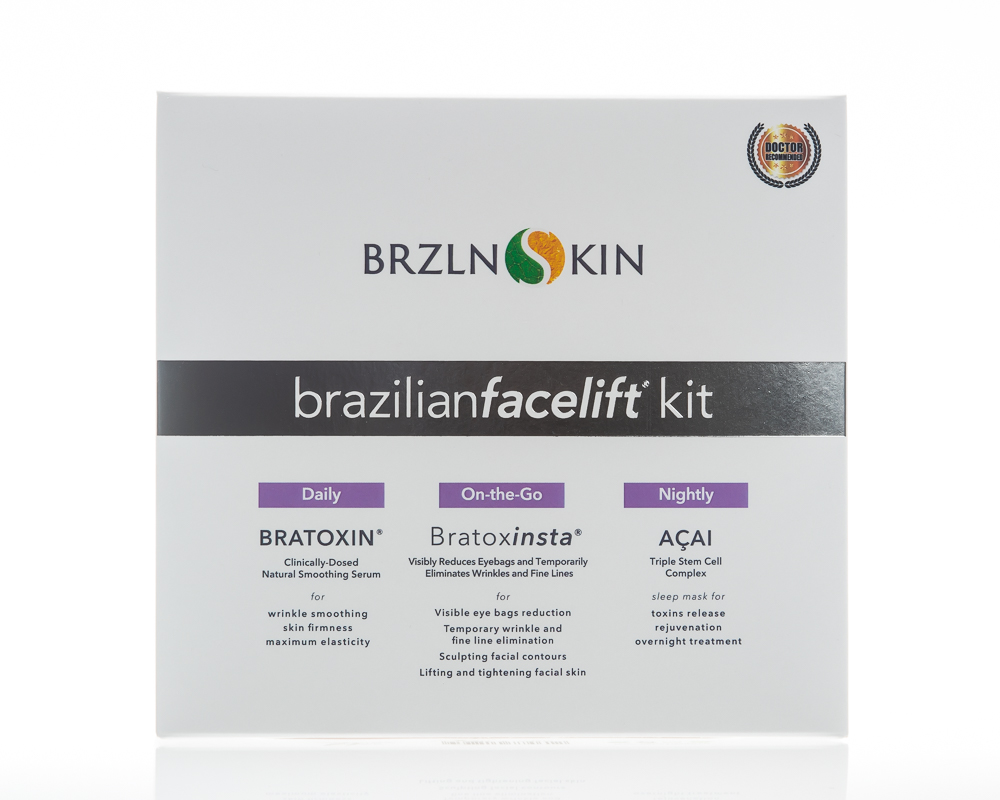It is very tempting for most people to want Botox done all at once. Unfortunately, that is not how the procedure works. The treatments in form of injections ought to be administered over some time. The main reason for this is that Botox has the potential of causing serious side effects when administered in high doses. The treatment may not be permanent but it is critical to know just how often one should get it in. When excessive quantities of it are administered in short duration, muscle drooping or facial paralysis might occur hence the need for proper spacing of treatments.
How often can one get Botox?
The frequency of Botox treatment significantly differs from one individual to another. There are certain factors that contribute to this. They dictate the number of treatments required as well as the frequency so as to achieve the best experience.
It should be noted that wrinkles might return just 3 months into the Botox treatment. This should not be cause for worry as it is the body’s way of adjusting to the treatment. After this, the treatments will build up in the course of time and the frequency will drastically reduce.
Factors
As earlier mentioned, there are numerous factors that influence how often you should reapply Botox. They influence how the face of the patient will receive it and how long it will last. The various factors are as follows:
- Skin type
The kind of skin the patient has affects the frequency of Botox application. The skin type here includes the tone, the skin color and even the texture.
- Age
This is yet another important factor that influences how often you will need Botox treatment. People who are older have less elastic skin thus require more treatments to achieve the desired appearance.
- Skin condition
The initial condition of one’s skin also plays a big role on how often Botox should be reapplied. Good skin characterized by few wrinkles requires less treatments. On the other hand, skin that has wrinkles and many fine lines needs frequent reapplication of Botox. It might look obvious but it is not.
- Lifestyle
The lifestyle that you lead also affects your Botox reapplication frequency. Lifestyle here refers to habits like alcohol consumption and smoking. These have a negative impact on the success rate of the treatments hence you might require more. The secret on how to make Botox last longer is to have a positive change in lifestyle. This means that to quit drinking and smoking is among some of the highly recommended lifestyle changes on how to make Botox last longer.
- Botox type
The area of the body that is being worked on as well as the problem being addressed affects the frequency of Botox treatment. The kind of Botox that one is receiving needs a certain minimum number of annual visits for a high success rate.
The factors that have been listed above are far from exhaustive but they provide users with the general idea on what actually affects the frequency of Botox reapplication. Everybody is different, it does not mean that just because a friend has their Botox treatment after 2 months that you should do the same. Observe the factors above and avoid comparing the experiences you have with those of someone else.
Plastic surgeons and dermatologists are best placed to advise you on just how often you should come back for your Botox treatment. It is advisable to approach only those professionals who are reputable in the field. Adhering to their recommendations will yield you fruits in the long run. In any case, it is only the specialist that can work out a schedule that is tailored towards your specific needs. Therefore, leave the scheduling to them and enjoy the results.
Conclusion
The above insightful information shows that Botox is a temporary procedure but is quite safe to undergo so long as it is within limits. All this information should be kept in mind when an individual is trying to determine just how often they should go for treatment. Determining the ideal number of reapplication visits by yourself can be an uphill task. However, a great specialist and some practice can assist you in determining just how many. You can use this information to get on the right plan.




